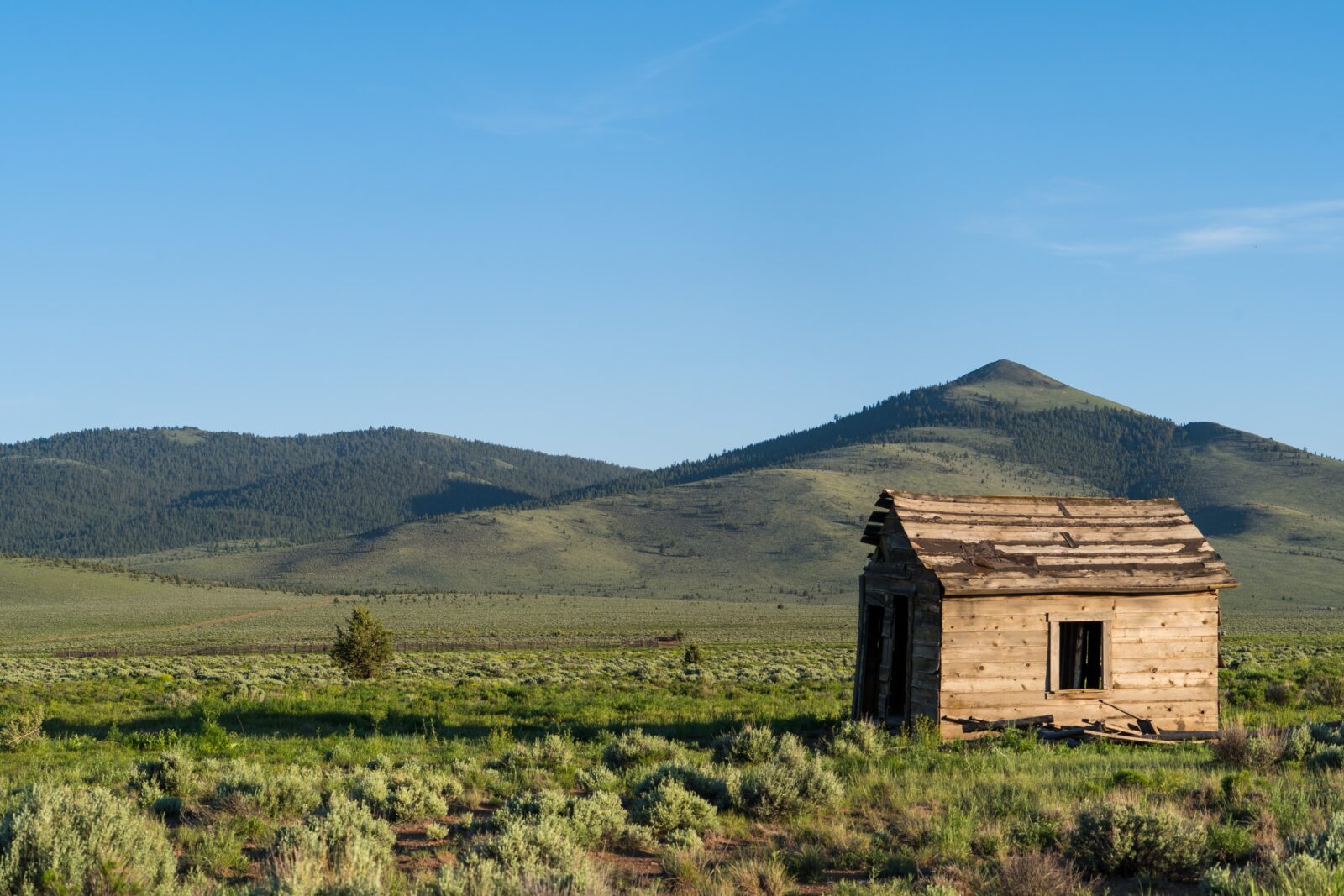Pundits who write about homelessness should recognize that America in this decade does not have 20-20 vision on the subject. My column last week analyzed a celebrated short story in which a homeless Native American and his friends haven’t changed at all, but the city of Seattle celebrates. If you’ve been watching Jonathan Choe’s videos on this Fix Homelessness website, Seattle’s homelessness crisis is not something to cheer. But in a New Yorker short story, the Noble Savage and his alcoholic crew can live happily ever after.
Some writers cheer on homelessness, seeing it as a way to live off the land, hunting for sustenance. There are parallels between the way European Americans dealt with Native Americans two centuries ago and the treatment of humans experiencing homelessness today.
Back then, Vermont historian Samuel Williams noted that when hunting was good Native Americans enjoyed abundance but in lean seasons they had “patience and firmness” instead of being ruled by their empty bellies. This was impressive stoicism: Without intense desire for the products of civilization, they enjoyed the simple rewards that were naturally available.
These days, the ”Virtue Insight” website declares concerning homelessness, “A conscious decision could be made by the individual to ‘live on the streets’ due to various personal reasons. They may have chosen to do this for moral reasons, such as to escape domestic abuse or perhaps out of protest in a certain situation.” In either case, there’s something admirable about the decision: I’m not going to take it any more.
One problem, though, was that for two reasons the traditional Native American lifestyle was unsustainable in light of white settler demand for more land for farming. One reason is coveting: White settlers wanted land and the U.S. military backed them up with force superior to that of any single tribe. (Only rarely did competing tribes work together.) The other reason is efficient land use: Hunting took up a lot more land than farming, with inferior results regarding consistency of food supply throughout the year.
Today, free range homelessness is becoming unsustainable in light of business owners not wanting homeless folks camped on their doorsteps, and homeowners not wanting their yards turned into bathrooms. Cities are reclaiming parks for recreation. Skid rows are often disease hubs.
Nineteenth century America had four years of civil war near the middle of the century, but the whole century had a civil war of settling down vs. wandering. White settlers and soldiers forced Native Americans throughout the century to move, first across the Mississippi, then across the western plains, until by century’s end they could only be within reservations on land that settlers or gold-seekers didn’t want. But others who didn’t want to settle down also had roaming room well into the twentieth century.
After the Civil War, as philosophy professor Naomi Zack has written, many rode the rails: “The freedom of these tramps from wage labor became part of an ideology for single men without families. They actively and vocally resisted what some saw as a national social movement toward domestic organization around a male bread winner…. The idea was widely circulated that ‘the reckless, free life of the army’ had given these tramps ‘a taste for wandering and a distaste for every species of labor.’ Some envied their freedom.
In the twentieth century, though, expectations became more fixed, and all able-bodied males were supposed to work rather than wander. Full-time employment was “a healthy and positive social norm and supported as a public value.” Ninety-seven percent of men between the ages of 25 and 54, and a growing number of women, were employed. Sometimes people worked for the same employer for a lifetime.
That’s changed in the 21st century. It’s common to jump from job to job, and many people in the gig economy combine a variety of short-term assignments. The percentage of men working in the prime years of their working lives has fallen to 88 percent, with some in their twenties mainly engaged in playing video games, according to the Journal of Political Economy.
Homeless days are here again. Philosopher Zack writes, “A diversity of lifestyles is broadly accepted without controversy and people move freely.” That means “Thou shalt have a home” is the kind of absolute people on the left or the libertarian right do not want to enforce.
What’s next?

